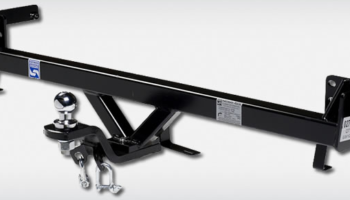Vermicomposting is not a new practice. However, as the world pushes for sustainability and environmentally-friendly practices, this composting process grows in popularity. These days, a lot of people are becoming more aware of and acknowledging the benefits of red wiggler worms from Vers L’avenir and composting.
Vermicomposting is the composting process that makes organic fertilizer using earthworms, usually red wigglers. It involves feeding organic scraps to worms, so they poop and create castings, enriching the soil they live in. Also, this provides you with vermicompost, which is a natural fertilizer.
What to Know About Red Wigglers
These waste-processing worms are suitable for composting due to their voracious appetite. These creatures will consume any organic matter.
Red wrigglers are efficient breeders. With their rapid reproduction, you can be sure you have a thriving worm population to quickly break down organic matter.
How Red Wriggler Worms Benefit the Environment
Red wrigglers support the planet’s sustainable gardening practices and offer eco benefits in many ways such as:
- Enriching the soil. Red wrigglers work hard to break organic matter down into worm poop or nutrient-rich castings. If integrated into the soil, such castings enhance its structure, water retention, and aeration. This helps plants grow faster and healthily without the use of chemicals.
- Reduce waste. Organic waste makes up a big part of landfill material. Decomposing waste material that ends up in landfills creates huge amounts of landfill gas. Red wrigglers can change this as they convert yard waste and food scraps into worm composting bins. This decreases the amount of waste in landfills.
- Serve as a natural fertilizer. Worm castings are full of essential nutrients such as nitrogen, potassium, and phosphorus. They release nutrients slowly, giving your plants a constant supply without risking over-fertilization. Besides, these castings are free of chemicals, which makes them safe for gardens and the planet.
- Reduce carbon footprint. Synthetic fertilizers have a considerable carbon footprint because of their manufacturing processes. Using worm casings natural fertilizers minimizes the need for such synthetic alternatives, reducing your carbon footprint.
- Allow for biodiversity. Red wrigglers play an important role in the soil ecosystem. Their burrowing habits and castings develop microhabitats for beneficial organisms such as bacteria, other beneficial worms, and fungi. Such biodiversity is important to maintain a healthy garden ecosystem.
Vermicomposting with red wrigglers provides many environmental benefits. This practice benefits both your garden and the planet. To get started with this process, contact a reputable provider.





